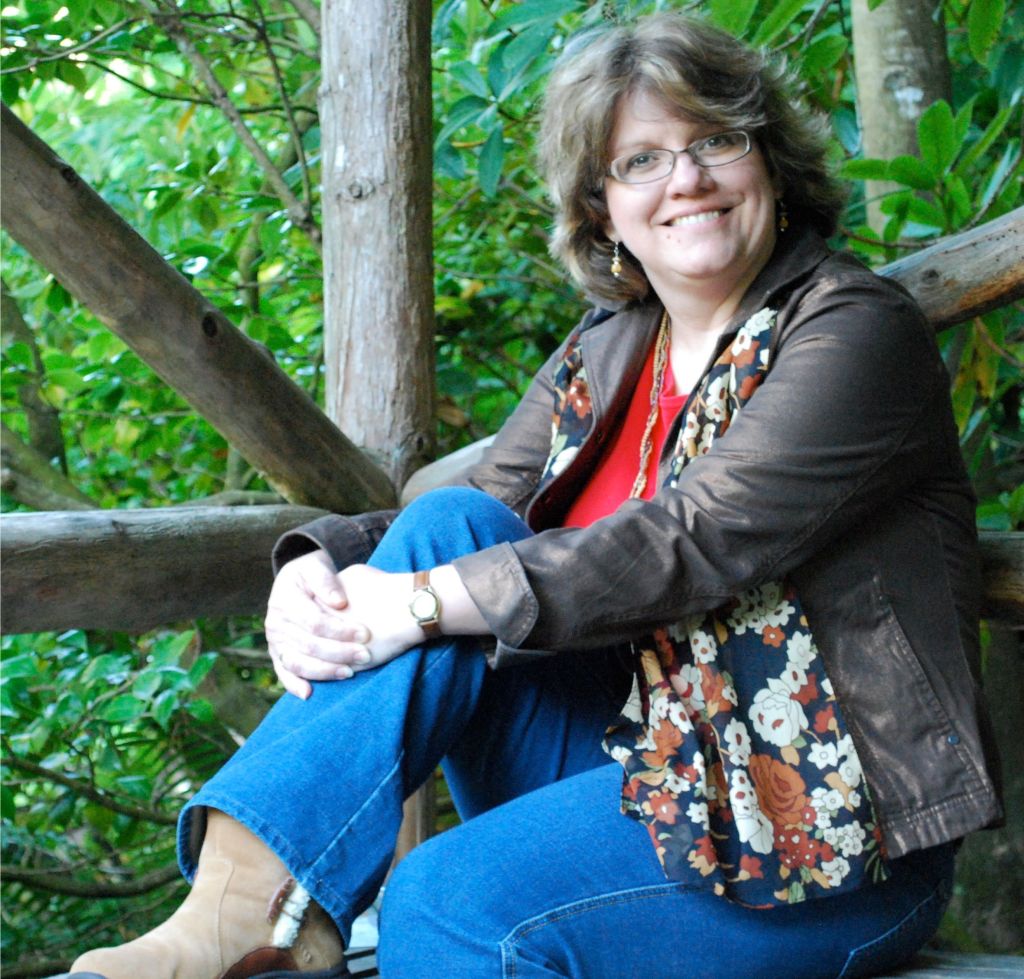by Julie Zine Coleman
Take care, brothers and sisters, that there will not be in any one of you an evil, unbelieving heart that falls away from the living God. But encourage one another every day…so that none of you will be hardened by the deceitfulness of sin. Hebrews 3:12-13 NASB
“I want to live in the wilderness.” Said no one, ever.
The wilderness is a bleak, barren place. Very little resources are available to support life. There is unrelenting heat in the daytime and shiver-worthy temperatures at night. It is a miserable place to be.
Spiritually speaking, the wilderness is where God takes us to teach us more about Himself. It is a place of testing, a place where we are down to bare bones. And how we respond to Him there will determine a lot about our future relationship with Him.
When I graduated from college, I was full of hopes and dreams. All my life, I’d wanted to be a teacher. However, when I graduated in 1979, teaching jobs were hard to come by. Many experienced, good teachers had flooded the job market, due to the reduced number of elementary-aged students. I sent out 120 resumes, applied to every job opening I saw, and asked teachers I knew to put in a good word for me. The result? Chirping crickets.
I can remember, while braking for a stop sign that summer, angrily ranting at God. Hadn’t He given me this dream? Didn’t I give my college education my best? Why was I left in the wilderness?
The fledgling nation of Israel experienced the wilderness. God had much to teach them before bringing them into the Promised Land. They knew little about Him, coming out of Egypt where many gods were revered. So, He brought them to a place where they were completely dependent on Him. He showed them His power. He miraculously brought them through the Red Sea and obliterated their enemies.
He provided for their physical needs. He brought water from a rock and manna from heaven. And He showed them His glory. The days spent at the foot of Mount Sinai were frightening in all their wonder. Lightening flashed, trumpets blew, and the earth trembled. Later, the glory of the Lord came in a cloud, filling the finished Tabernacle.
God used the wilderness to teach them about Himself, so that they would trust Him. But unfortunately, when the time came to enter the land, they rebelled. Why? They hardened their hearts to all they had seen and heard, instead believing a lie: the enemy was too strong for them to defeat.
Now lest we get too judgmental, remember we can be guilty of the same sin. The writer of Hebrews warns, “Take care, brothers and sisters, that there will not be in any one of you an evil, unbelieving heart that falls away from the living God. But encourage one another every day…so that none of you will be hardened by the deceitfulness of sin” (Hebrews 3:12-13 NASB).
We have a choice in how we respond as God reveals Himself in the wilderness. We can close our hearts to what we should be learning and instead believe the lies that sin tells us (Hebrews 3:10).
“They did not know my ways,” (Hebrews 3:10 NASB) God explains.
We can learn from the Israelites’ mistake.
We can see and hear a great deal from God, but still not know Him. That word, know, is sometimes used in Scripture to denote the intimate relationship between a husband and wife. Job expressed the difference in hearing and knowing after interacting with God in the wilderness: “I have heard of You by the hearing of the ear; but now my eye sees You” (Job 42:5 NASB, emphasis added).
When we keep our hearts open to what He is revealing, and let our own expectations and agenda go, He will bring us into a deeper, more intimate relationship with Him. It’s what happened with me as I waited in my summer of unmet expectations. It eventually opened my eyes to what was most important—a greater understanding of the One who held all things in His capable hands. Worth it.
This article is brought to you by the Advanced Writers and Speakers Association (AWSA).

About the author: Julie Zine Coleman helps others to understand and know an unexpected God. A popular conference and retreat speaker, she holds an M.A. in biblical studies. Julie is the managing editor for Arise Daily. When she is not glaring at her computer, she spends time with her grandchildren, gardening, or crafting. More on Julie can be found at her website JulieZineColeman.com and Facebook.

Many Christian women are torn between the church’s traditional teachings on gender roles and the liberty they experience in secular society. But what if the church’s conventional interpretations aren’t really biblical at all? Julie’s new book, On Purpose, is a careful study of the passages in the Bible often interpreted to limit women in the church, at home, or in the workplace. Each chapter reveals timeless biblical principles that actually teach freedom, not limitation. On Purpose was named the Golden Scrolls Book of the Year as well as the Director’s Choice Award at the Selah Awards.
Join the conversation: How do you go about knowing God?




